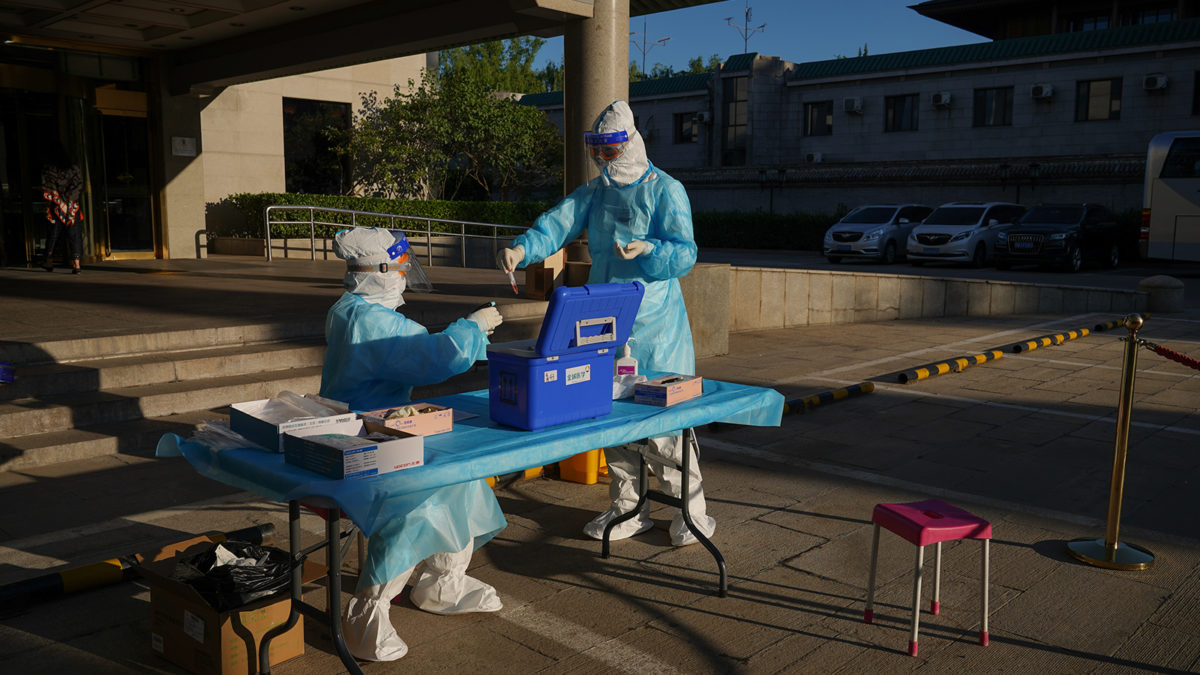It didn’t take long after Australia’s first calls for an international investigation into the origins of the coronavirus pandemic before rumblings of retaliation came from Beijing.
Australian Foreign Minister Marisa Payne initially voiced support for an investigation on a Sunday morning television show in late April.
Days later, China’s ambassador to Australia Chen Jingye responded by suggesting the Chinese people themselves might retaliate with a boycott. “Maybe the ordinary (Chinese) people will say ‘Why should we drink Australian wine? Eat Australian beef?'” he told the Australian Financial Review.
Less than one month later, the campaign to punish Australia appears to be in full swing.
On May 12, China stopped accepting beef from four large Australian abattoirs, citing health issues. Five days later, China slapped tariffs of more than 80% on Australian barley imports as part of an anti-dumping probe.
Why this matters: China is Australia’s largest trading partner by far, with total trade between the two countries totaling more than $214 billion in 2018 alone. As Australia faces the very real prospect of a coronavirus-related recession, that economic relationship is more important than ever.
With ministerial ties fraying and anti-Australian rhetoric rising in Chinese state media, experts say deep cracks are emerging in relations between the two countries.
“It’s very hard to see how in the absence of any discussion we can quickly rebuild trust in the relationship,” said Richard McGregor, senior fellow at the Lowy Institute.


